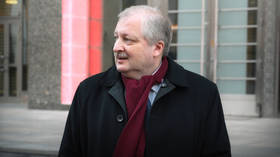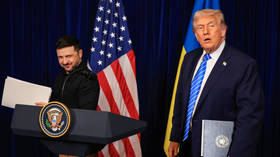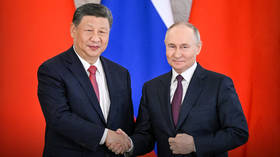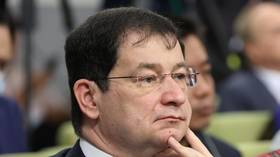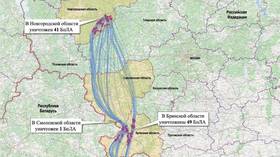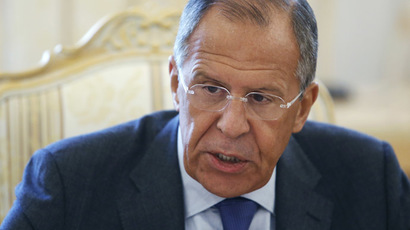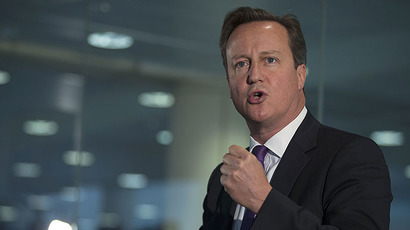Airstrikes against ISIS in Syria ‘illegal’ without Assad’s OK – report
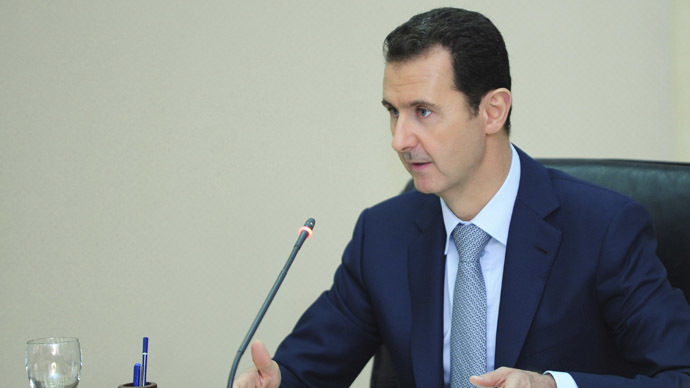
UK airstrikes against Islamic State extremists in Syria could be illegal without the agreement of President Bashar Assad’s government or a UN Security Council resolution, according to a House of Commons Library assessment.
Prime Minister David Cameron will recall MPs to parliament to outline his plans for deeper military intervention in Iraq and Syria when he returns from the UN General Assembly in New York next week.
The House of Commons Library paper, however, says air strikes in Syria “will be difficult to justify legally” unless the Syrian president requests assistance from Western powers, as Iraqi President Fuad Masum has.
“Any action against ISIL (ISIS) in Iraq will be inadequate without action against them in Syria and the rhetoric against the Assads may be toned down,” the paper notes.
“Action in Syria will be difficult to justify legally without a request for assistance from the Assad government, and it is unlikely that the West could be seen to be responding to such a request.
“The British government has said that any action in Syria will comply with international law, and the most likely way to achieve this would be to claim that military action is for humanitarian purposes, using the Responsibility to Protect doctrine. This remains controversial, however, without a United Nations Security Council resolution to authorize it.”
UK Foreign Secretary Philip Hammond was in Paris on Monday, meeting leaders and foreign ministers from over 30 countries to discuss plans to fight ISIS militants.
The summit focused on US plans to weaken the militant group by offering military support for Iraq, together with plans to stop foreign fighters joining the group, cutting its funding streams and trying to counter its ideology.
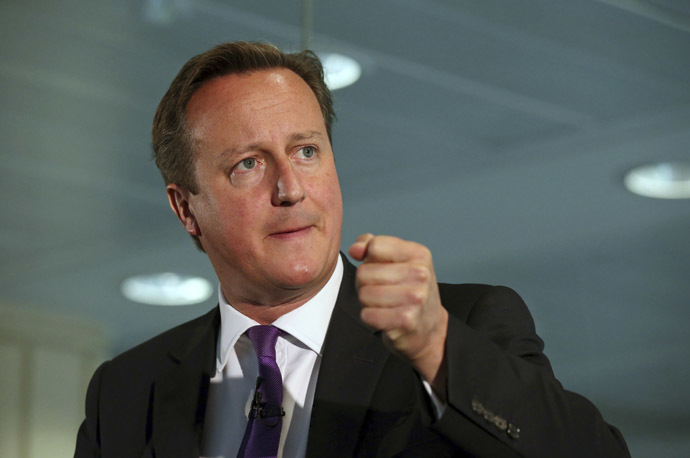
Cameron says he has not “ruled anything out” and Britain could still take part in US-led airstrikes.
A number of British MPs have voiced concerns about UK military intervention in Syria, as they fear such action could be construed as tacit support for the Assad government.
Former British defense chief, Lord Richards, however, recently said the UK should work with Assad, Moscow and Iranian authorities to defeat Islamic State.
His statement followed a previous call from Sir Malcolm Rifkind, who urged the UK government to collaborate with Damascus to defeat jihadist militants in Syria and Iraq.
The UK’s hardening line on military intervention follows the execution of British aid worker David Haines, who had been held hostage by Jihadists since his abduction last year.
The masked killer in the latest video, which appeared on the Internet on Saturday, claims that Haines was killed because of Cameron’s pledge to arm Kurdish forces to battle the jihadist group.
The militants also threatened to kill a second British hostage, Alan Henning.
Cameron said he has an “iron determination” to destroy ISIS and pledged to “hunt down” Haines’s killers.
“David has been murdered in the most callous and brutal way imaginable by an organization which is the embodiment of evil,” Cameron said on Sunday. “We will hunt down those responsible and bring them to justice no matter how long it takes.”




